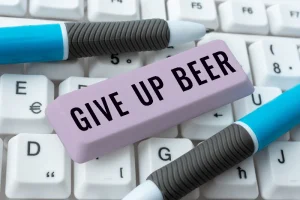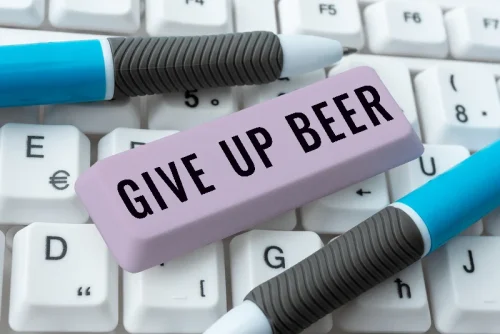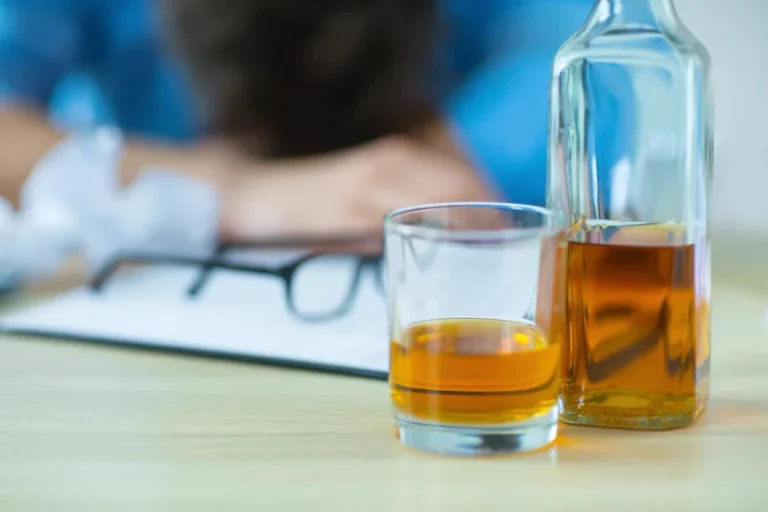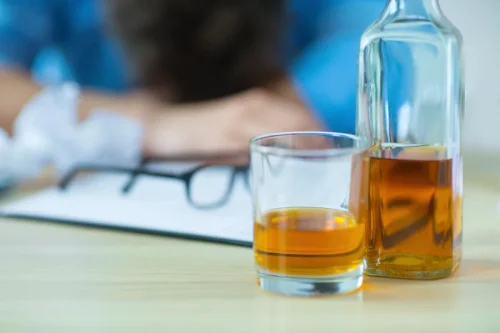
For this reason, a person should drink alcohol drug addiction treatment in moderation and avoid binge-drinking or chronic heavy drinking. “Regular drinking over the festive season can create a cycle of poor sleep and increased fatigue,” warns Sharma. “As your body struggles to maintain a natural sleep-wake rhythm, you may develop chronic sleep debt, making it harder to function during the day. For most people, mild and moderate dehydration can be resolved by replenishing fluids (drinking). However, for older adults and young children dehydration can be a serious condition, according to the NLM.

Avoid drinking in hot or humid environments:
- A good way to limit your overall alcohol consumption, and thus limit alcohol’s dehydrating effects, is to alternate alcoholic drinks with glasses of water.
- That’s why it’s so important to drink responsibly and have a hydration game plan in place (more on that later) for nights when you indulge.
- When its processed by enzymes in the liver, alcohol is converted into a large amount of acetaldehyde.
One glass of liquor drunk slowly over the course of an evening will be less dehydrating than having several beers or glasses of wine during the same time frame. That said, the higher a drink’s alcohol content, the more why alcohol dehydrates you of a diuretic it’s believed to be. When you don’t adequately replace this excess loss of fluids, you become dehydrated.

Prevent Future Falls

Reducing your alcohol consumption overhaul will help you avoid some of the bigger health risks from long-term dehydration and drinking. Other lifestyle factors, such as exercise, climate, and medication use, can also impact alcohol’s dehydrating effects. The frequency and duration of drinking can also impact the dehydrating effects of alcohol. The Hangover IV is extra hydrating as well, as we know that many of the common symptoms of hangovers are directly due to dehydration. As a side note, that’s one of the reasons why one of the best at-home hangover cures is a few glasses of water as soon as you wake up and have a headache. For starters, if you drink wine while on an empty stomach, your intestines will absorb the alcoholic content and the liquid very quickly.
Benefits To Drinking Less Or Quitting Alcohol
Drinking plenty of water is crucial to rehydrate your body. However, replenishing lost electrolytes is equally important. Without adequate electrolyte levels, water can’t enter cells and tissues, leaving you at risk of dehydration despite drinking water. To rehydrate your body after alcohol, it’s crucial to drink plenty of water and consider using an electrolyte powder to replenish electrolytes lost through increased urination. The most common symptoms of alcohol dehydration include thirst, a dry mouth, headaches, muscle aches or cramps, fatigue, and dark-colored urine.
Whether you’re making that call for yourself, or on behalf of somebody else, we will be able to provide all the help you need. This test is for informational purposes only and is not a substitution for a diagnosis by a trained medical professional. If you score high on this test, it may be time to speak to your doctor about the next steps. Alcohol-induced oxidative stress and inflammation have also been linked to flare-ups of skin conditions like acne, psoriasis, and rosacea. If you’re an athlete or someone who likes to hit the gym to build muscle mass, you may want to reconsider your weekly happy hour consumption.
Mental health and mood changes

Some individuals, however, are at increased risk of dehydration, including infants and children, older adults and those who work or exercise outdoors in hot and humid conditions. Experiments have shown that clear liquors, such as vodka and gin, tend to cause hangovers less frequently than dark ones, such as whiskey, red wine, and tequila. The main form of alcohol in alcoholic beverages is ethanol, but the darker liquors contain chemically related compounds (congeners), including methanol. The same enzymes process ethanol and methanol, but methanol metabolites are especially toxic, so they may cause a worse hangover. Alcohol is a diuretic, meaning it makes you pee more than usual and drains the body of vital water.
- A heavy alcoholic drink like whiskey, brandy, or rum can dehydrate you more than lighter drinks.
- That will increase your ability to reabsorb water, and leave you more likely to wake up feeling sparkling and ready to face the day — or at least less inclined to put a pillow over your head.
- Dehydration can reduce muscle endurance and performance, making it more challenging to sustain physical activity for an extended period.
- You can also drink water before you go to bed to help replenish hydration levels.
- Many carbs in alcohol turn to sugar that will spike your blood sugar levels.
- The Centers for Disease Control and Prevention (CDC) recommends that men don’t exceed two alcoholic drinks in a day and that women limit alcoholic beverages to one drink or less.
Though there’s no instant hangover remedy, there are ways to hydrate your body after drinking and ways to prevent that hangover feeling in the first place. But if you insist on having a drink or two, there are things you can do to https://ecosoberhouse.com/ mitigate the dehydrating effects of alcohol. Remember that list of things that makes alcohol-related dehydration worse? If you don’t want to deal with dehydration from alcohol, the best (and most obvious) preventative measure is not to drink alcohol.
Health Goal
These are substances that promote urine production, or diuresis. “Long-term alcohol-related sleep disruptions can result in persistent insomnia, chronic fatigue, and increasing the risks of mental health issues like depression and anxiety,” says Sharma. “The circadian rhythm may become misaligned, making it difficult to maintain a regular sleep schedule. In fact, according to some experts, the worst symptoms occur when levels reach zero. Alcohol can be a fun part of social life, but it’s essential to recognize its impact on your balance and overall safety. Understanding how alcohol affects your body, and taking steps to minimize risks, can help you enjoy a drink without putting yourself in harm’s way.
How much water should you drink each day?
Chronic heavy drinking can result in high blood pressure, which is a leading cause of kidney disease. It can also weaken immunity, increasing a person’s risk of infections. According to the CDC, heavy drinking equates to more than three drinks per day or eight drinks per week for females and more than four drinks per day or 15 drinks per week for males. Consuming alcohol carries other health risks besides dehydration. These risks change depending on how much alcohol a person consumes and how often. To stay hydrated, a person needs to take steps before, during, and after alcohol consumption.
But beyond the type of alcohol you’re imbibing, you might not realize how much dehydration enters into the hangover equation. While beer typically has a lower alcohol volume than other alcoholic beverages such as liquor, it still has enough to cause dehydration. Without replenishing electrolytes, the body won’t be able to utilize the water you consume, leaving you dehydrated despite drinking plenty of fluids.
